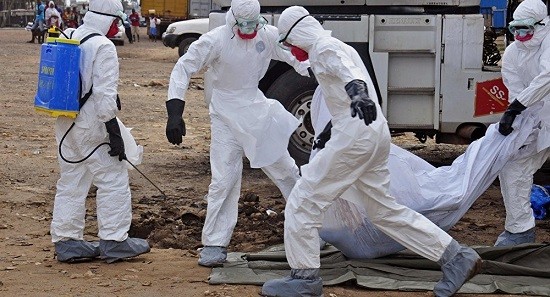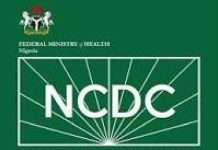The recent outbreak of Ebola Virus Disease (EVD) declared last August in the Democratic Republic of Congo (DRC) has now increased to over 1000 cases daily, according to report published by the International Rescue Committee (IRC).
IRC is a global humanitarian aid, relief, and development nongovernmental organisation. IRC offers emergency aid and long-term assistance to refugees and those displaced by war, persecution, or natural disaster.

The IRC committee via a press release explained some reasons why the outbreak might not be over soon. “The ongoing mistrust facing health workers and the response is a symptom of the years of insecurity they have endured, and a sign that those responding must work even harder to combat the stigma and misunderstanding held by some in the community.”
According to the IRC’S Emergency Report Director, Tariq Riebl in DRC, “It is alarming to have such increase in the number of Ebola cases at this stage”. He further expressed his amazement at the surge in the cases of the disease, noting that they had 58 new cases in the past week, and this is the highest number in a week since the beginning of the outbreak in 2019.
He mentioned mistrust and security issues, as factors that may be preventing citizens from giving accurate report on cases at hand. “It is possible that cases are likely not to be reported and the true figure could even be higher. Despite the hard work being done, this outbreak is far from over”.
Speaking on the incident, IRC’S team in North Kivu said “Data shows that working with the community is the key to stop this outbreak, and if there is no greater engagement, there is possibility of losing lives. The team in North Kivu are trying their best to understand the concerns of people living in the impacted communities and to work with them to quash this outbreak.”
The statement revealed that in the past weeks, IRC teams have organised series of community meetings to understand the concerns of citizens, as well as established focal points within affected neighbourhoods and villages.
While the team sympathised with casualties and their loved ones, they assured residents that though the outbreak is overshooting its expected deadline, they are sure of an end soon. “We are already almost seven months into this outbreak and at this stage we should be seeing the case rate declining, not on the rise. With an optimistic outlook this outbreak is predicted to last another six months – but realistically we could be looking towards another year of fighting this disease.
“The Ministry of Health and partners including the IRC are working around the clock to curtail the outbreak as quickly as possible to reduce the loss of life and further damage to the community.”
With more than 13 million people in need of aid, DRC is one of the world’s most complex, chronic and long-standing humanitarian crises. The IRC has been working in the Democratic Republic of Congo since 1996 responding to the humanitarian crisis in the east. It has since evolved into one of the largest providers of humanitarian assistance and post-conflict development, with life-saving programming in health, economic recovery, women’s and children protection, and livelihoods.











what is tadalafil: http://tadalafilonline20.com/ tadalafil 30 mg